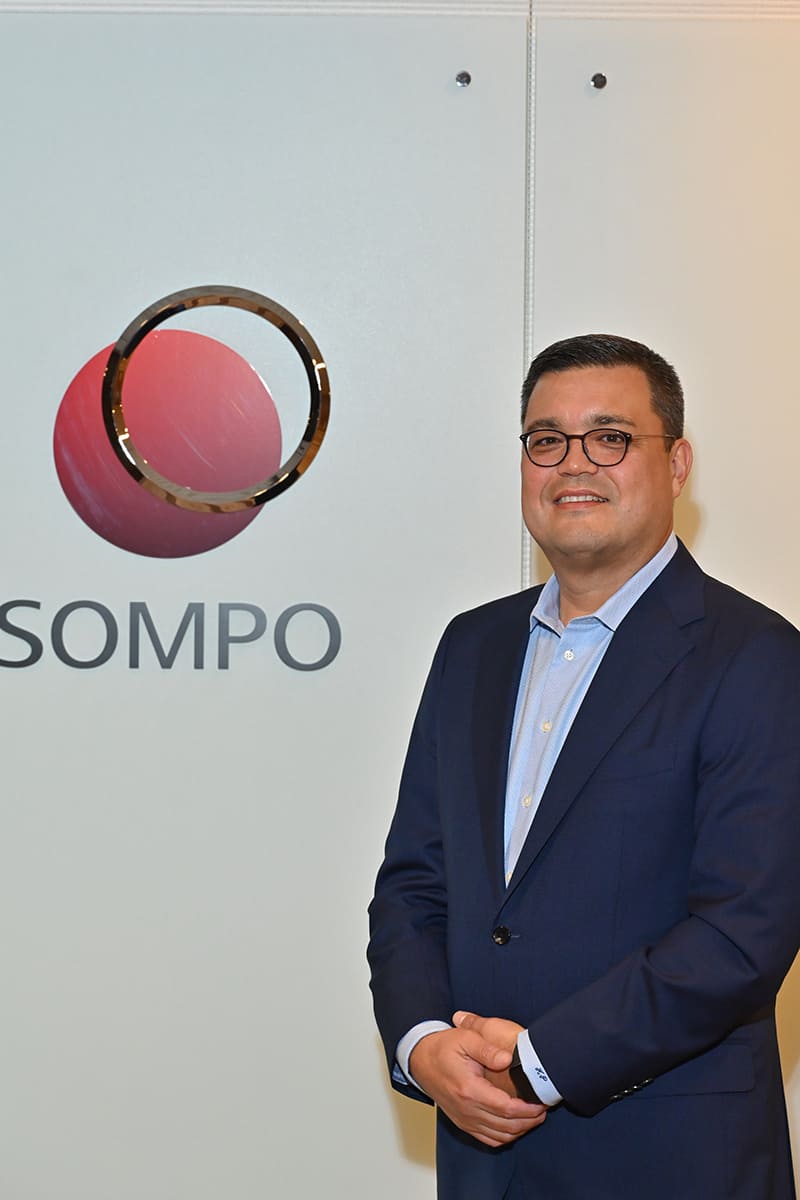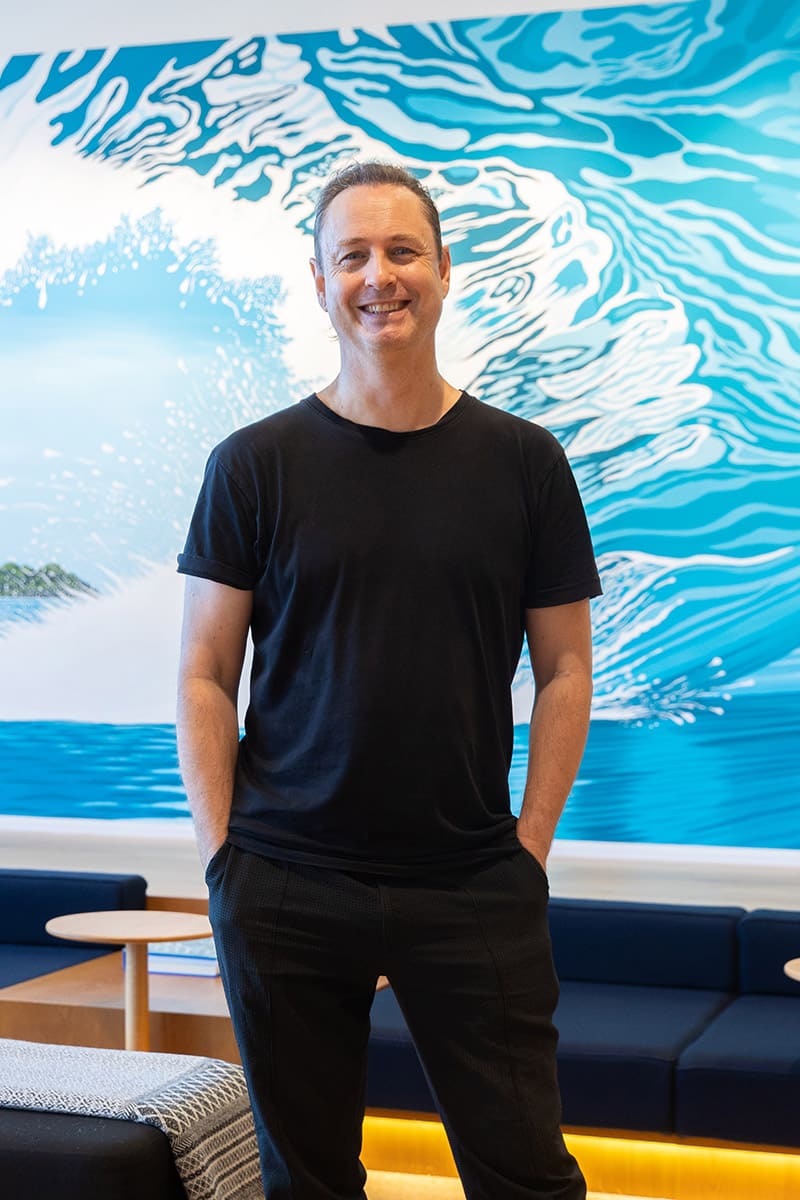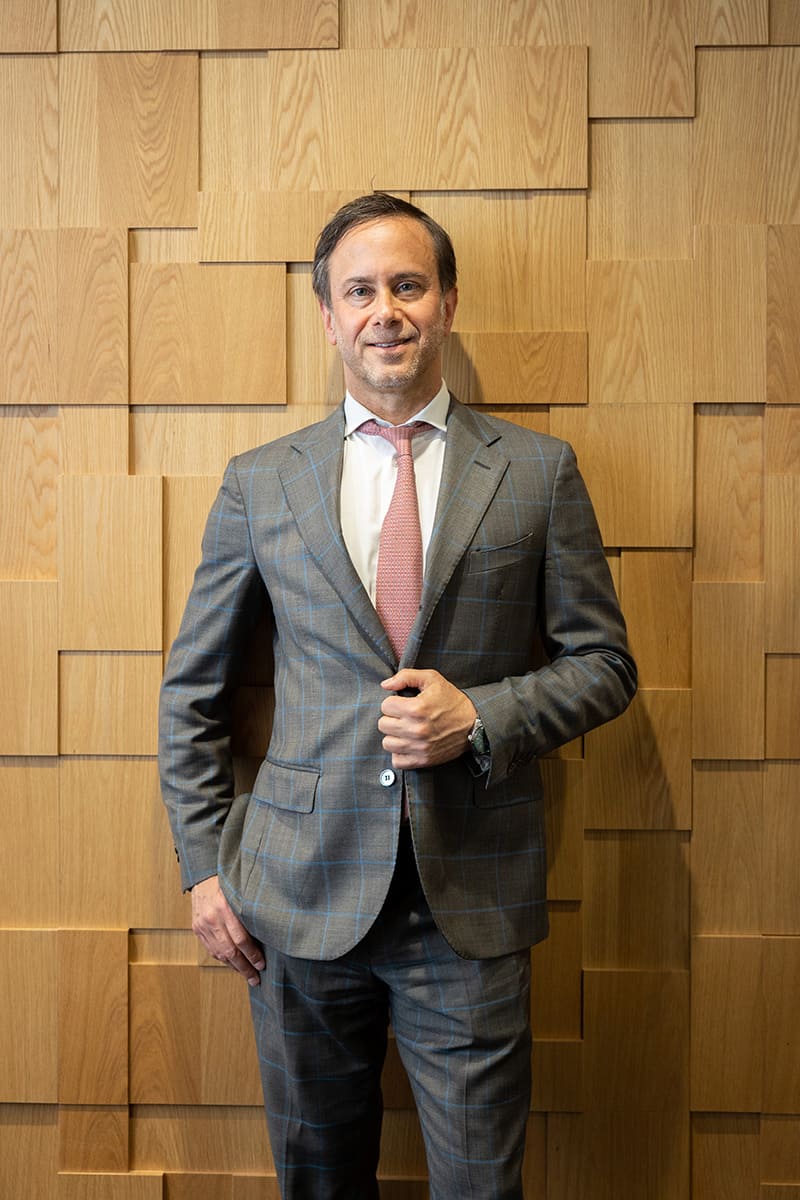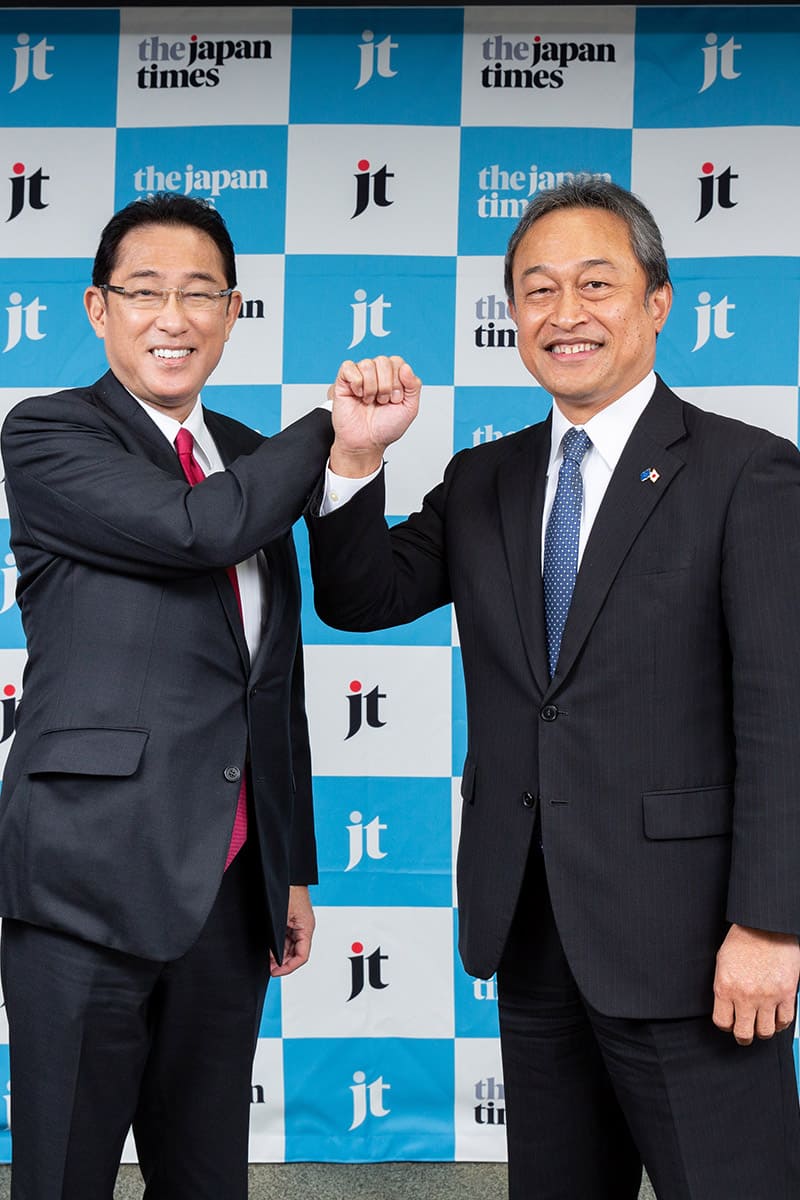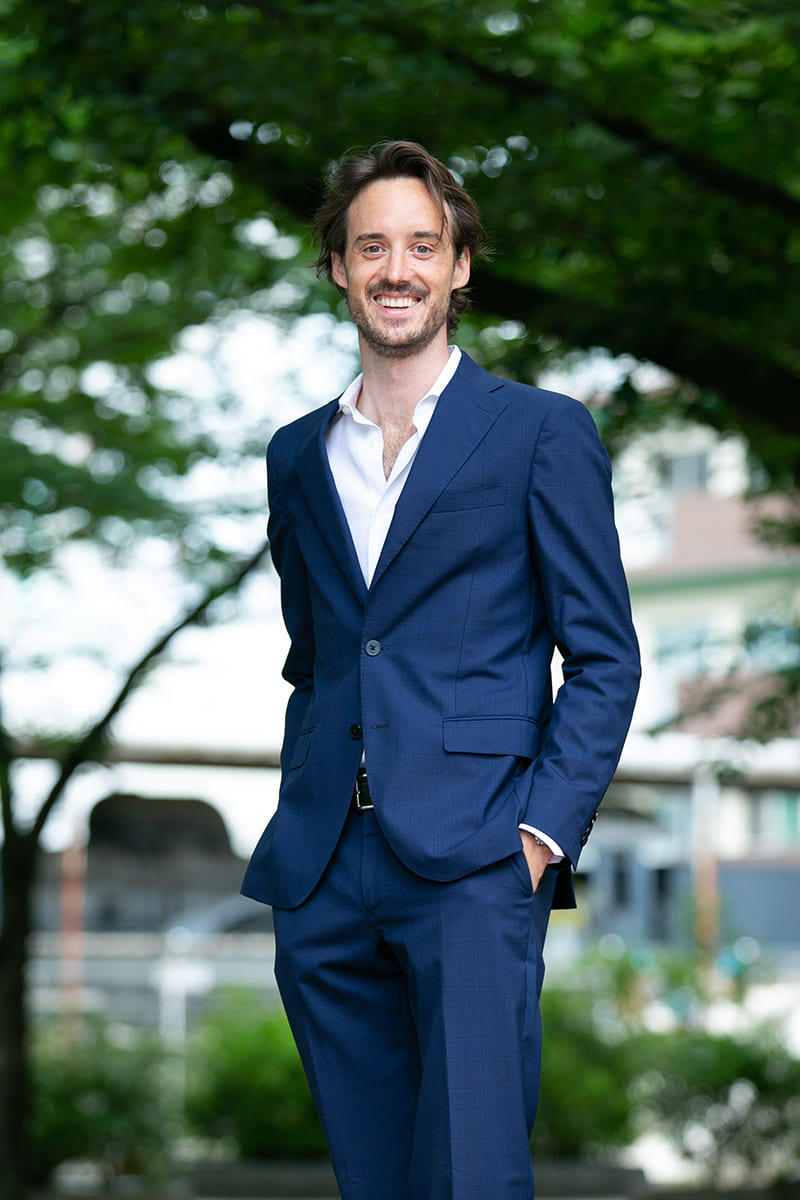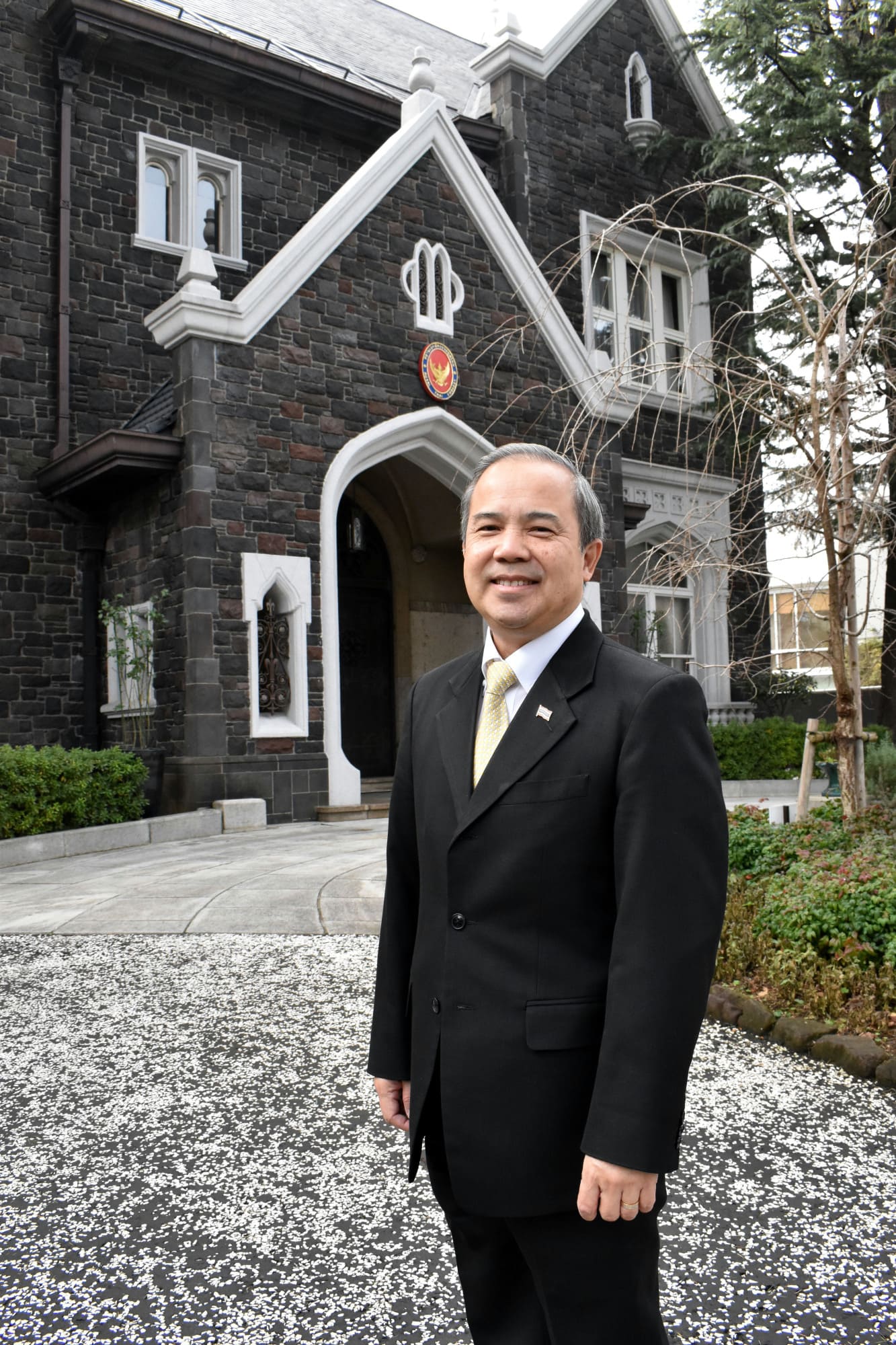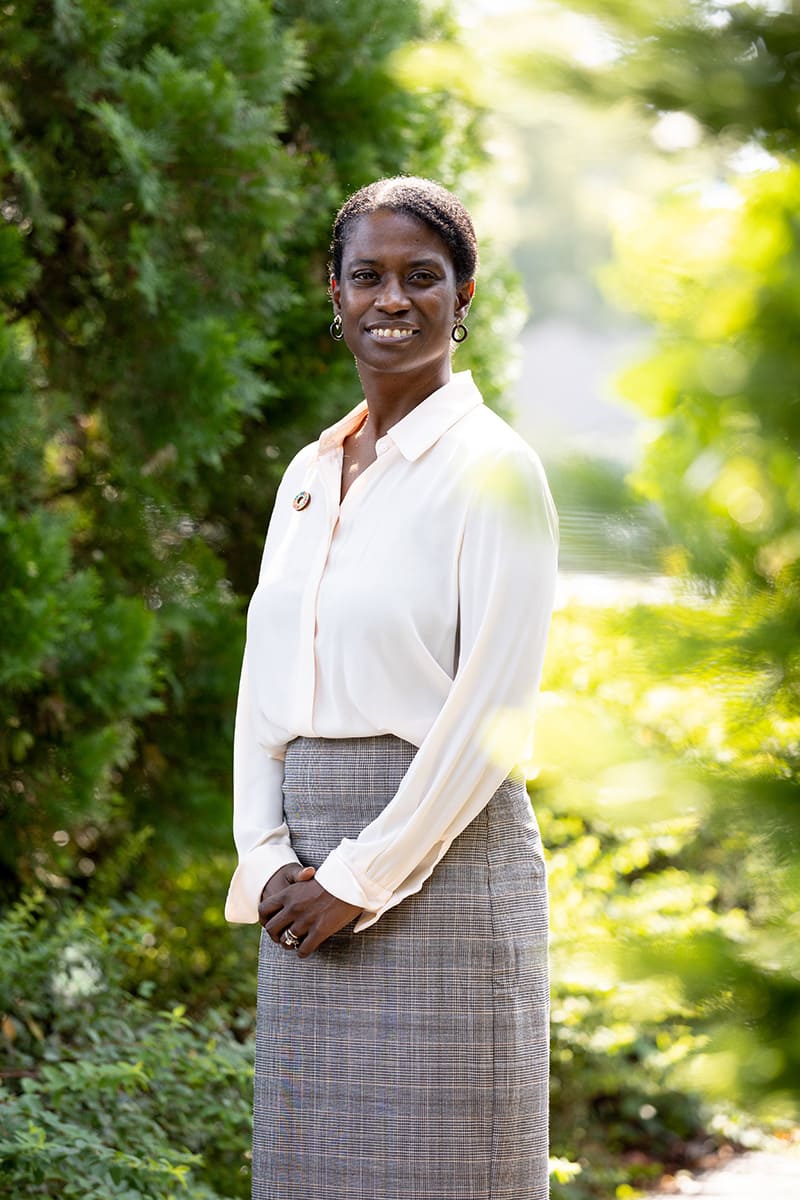
November 08, 2021
Read the Air guides firms to sustainable ways
Principal Trista Bridges shows feasibility and value to shift mindsets
- Name: Trista Bridges
- Title: Principal and co-founder of Read the Air and co-author of “Leading Sustainably”
- URL: https://www.readtheair.jp
- Hometown: New Jersey
- Years in Japan: 6
As countries around the world pledge to reduce or offset carbon emissions, companies are under pressure to align their operational models with government policy and investor expectations. Organizational change is not a simple task, however, and often it is the largest, most consequential companies that have trouble changing trajectory.
This is a problem, because society does not have the luxury of time in the pursuit of a sustainable future. As the effects of climate change and ecological destruction grow more pronounced every year, it is critical that businesses reassess their environmental footprint and impact on society.
Trista Bridges, cofounder and principal of Read the Air — a business advisory coalition that helps organizations formulate solutions to sustainable business and operational needs — understands the urgency of sustainability. However, as a business strategist with a prolific career spanning several countries — including the U.S., the U.K. and France — she also understands that companies do not change overnight. “Companies are comprised of a system of people — in some cases hundreds of thousands of people — and everybody has vested interests,” she said during an interview with the The Japan Times. “My role as a sustainable business strategist is to help guide them through the process.”
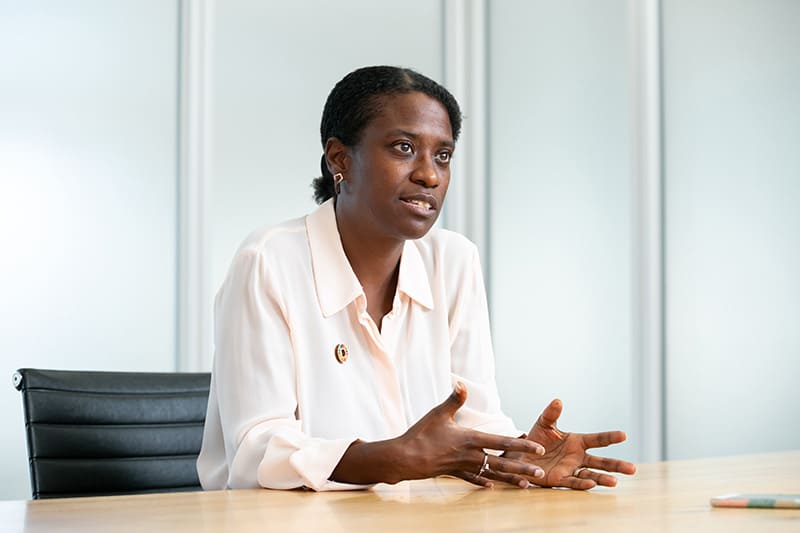
The mission of Bridges and her coalition, she said, is to “instill the belief that sustainable business models are feasible and can bring value to all stakeholders.” She noted that demand for her coalition’s sustainable business services is on the rise, citing two primary factors: Japan’s pledged goal to reach carbon neutrality by 2050 and global investors’ concerns regarding sustainability issues. “Japan is currently looking externally for growth and capital,” Bridges said, “and investors outside Japan are generally concerned with sustainability-oriented topics, including carbon footprining, SDGs, and diversity, equity, and inclusion.”
Before co-founding Read the Air in 2018, Bridges worked as a general business strategist in a wide range of sectors, including pharmaceutical products, financial services and boutique products. As an undergrad and MBA student at the University of Pennsylvania and Northwestern University, respectively, she studied consumer behavior and marketing strategy. After completing her studies, she worked for the strategy consulting group Monitor Group (now Monitor Deloitte), where she advised prominent multinationals such as Coca-Cola and Cadbury Schweppes (now owned by Mondelez). In 2006, she joined Thomson Reuters, where she focused on strategy and business planning in financial services.
Bridges’ experience in financial services profoundly affected her perspective on the relationship between business and society. She joined the field just before the financial crisis of 2007-2008, during which time she witnessed how short-sighted business decisions led to global economic catastrophe. “This event really sparked my interest in how companies affect the world,” she said. “Generally, when companies make bad decisions that affect the world, there is fallout, though it may not occur right away. We may be currently experiencing the consequences of decisions that were made a decade ago.”
These observations surrounding businesses’ social responsibility served as the impetus for Read the Air, the name of which is a literal translation of the Japanese expression “kūki o yomu.” Bridges explained, “The name is inspired by the Japanese concept of having the ability to read a room and take account of what’s going on in your surroundings.” Drawing from this concept, Bridges and her colleagues collaborate with companies to formulate sustainable business models “that minimize negative impacts on society, including all stakeholders in the broad context — consumers, customers, partners and governments — and also produce positive, innovative products that aren’t depletive.”
Bridges noted a recent uptick in interest in sustainable initiatives among businesses. She cited the influence of ESGs — environmental social and governance criteria for business operations — which, as countries around the world pledge to hit certain sustainability targets, are garnering significant attention from investors. “At first, companies — especially larger companies — saw ESG disclosures as a kind of PR opportunity,” she said. “But what has happened over time is that, because we have all these commitments we need to hit, there is increased scrutiny over what companies are reporting and whether they’re actually following through with their commitments.”
In Japan, obstacles to sustainable business initiatives partially stem from the corporate community’s lack of a sense of urgency to change, Bridges said. “Companies in Japanese society are stalwarts of society. They’re massive and employ a lot of people, and haven’t been challenged like they have been in Western countries, where a lot of people who come out of school want to work for startups or be independent. The perception of companies and their place in society is much stronger here, which is why they might not feel the urgency to change.”
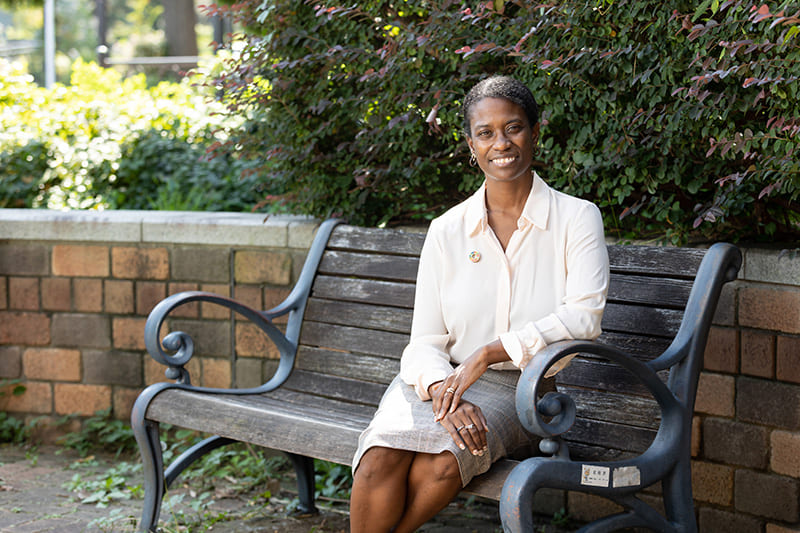
Perhaps the biggest hindrance to sustainable business models, however, is society’s attitude toward convenience and consumption. Convincing society to accept the notion of consuming less, amid an economic paradigm where people have grown accustomed to procuring products at the click of a button, is a formidable endeavor. But Bridges pointed to several examples of successful repurposing business models from which Japan can learn. These include the French secondhand site Vestiaire Collective, which recently raised its valuation to $1.7 billion through a fundraising round — to which a SoftBank private equity fund invested $209 million — as well as the French refurbished electronics startup Back Market.
“You only have to visit Akihabara to see that Japan is very good at repairing and repurposing products,” Bridges noted. “This is a space where Japan can do a lot better, because they’re already doing it.”

